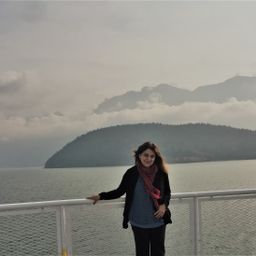Teaching Critical tourism studies through a mobility justice framework
Mon statut pour la session
In recent years, I have been an active member of two distinct scholarly fields of study: Critical Tourism Studies and Critical Refugee Studies. I have consistently noted remarkable overlaps in the two fields. For example, as critical projects, the fields of Critical Tourism Studies and Critical Refugee Studies share the fundamental objectives of examining border controls and how governmental power normalizes geographic mobility for some while restricting the movement of others. They also share many conceptual and political concerns about how race, gender, class, and citizenship are shaped and reflected in governmental processes and practices of political economies and nationalisms. Yet, those who work in refugee/migration studies and those who work on tourism rarely ‘speak’ to each other. In this paper, inspired by the ideas of pluriversalism and opening possible world(s) and understandings, I call for bringing together these distinct and seemingly disparate critical fields of inquiry to highlight how they inform each other under the broader rubric of “mobility justice” (Sheller 2018). To this end, drawing from feminist, post-colonial, and anti-racist theories, I also argue for the pedagogical benefits of expose the compelling similarities and crass differences between the figures of ‘the tourist’ and ‘the refugee’ and how they co-exist and are co-constitutive.
